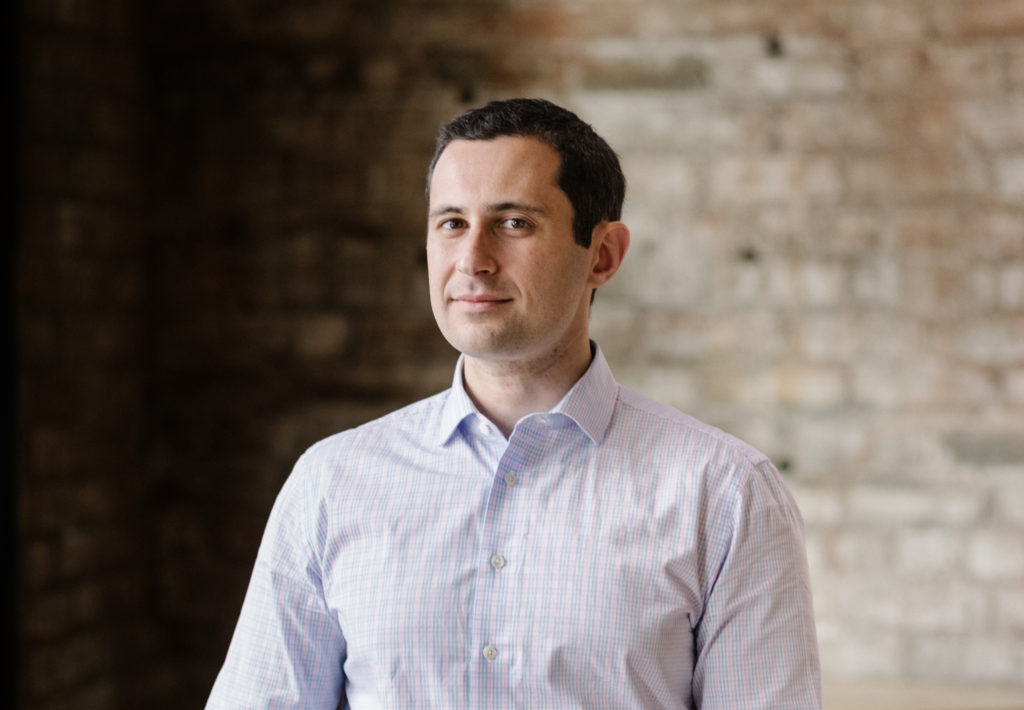
In a new report published by US legal tech company, Casetext, called ‘The $10m Question’, a number of leading Knowledge Management (KM) professionals were asked what they really wanted in terms of legal technology to meet their goals, especially if they had a large budget.
The law firms involved included Morrison & Foerster, Paul Weiss, Schulte Roth & Zabel, Greenberg Traurig, Blank Rome, and Hunton & Williams.
The answers were multiple, but the report found that there were three key themes in terms of hopes and aspirations for the future:
- Data collection will be automated and built into attorneys’ ordinary work habits, turning implicit knowledge into explicit knowledge.
- Once collected, data will be structured, automatically, in a way that’s useful and usable.
- KM and legal research tools will be powered by AI, and will leverage AI at key moments to surface relevant information when it’s needed.
This focus on automation makes a lot of sense. KM professionals certainly need every bit of help they can get when it comes to turning their firms’ daily tsunamis of unstructured data into something useable. But, let’s hear from some of the KM experts who were interviewed.
The report begins with a very practical issue and one that legal innovators ignore at their peril: human nature, and in particular human lawyer behaviour.
For example, Patrick Dundas, Knowledge Management Associate at Schulte Roth & Zabel in New York, noted in the report that while some lawyers embrace their KM duties, most lack the interest, incentive, or time.
‘No one went to law school to learn how to fill in a database. The ‘bad data’ problem undercuts the utility of every system,’ says Dundas.
And that’s a classic problem with all data-based tech. Humans, especially very busy humans who are not being paid to fill in Excel sheets of information about transactions, clients, or lessons learned from a deal, don’t actively seek ways to handover that vital data which can then be transformed into something of value to the firm and its clients. They have enough to worry about. So, how do we address this?
One answer is automation of KM gathering and processing systems.
As Dundas eloquently puts it: ‘To meet these goals, KM departments have led efforts to make implicit knowledge into explicit knowledge by maintaining multiple information systems, mainly through manual labour.’
‘But information silos and labour costs impede most KM initiatives. If these two impediments to KM could be overcome through better system design and integration, and harvesting data using artificial intelligence and work flows, the value of KM could vastly increase while its cost decreases,’ he adds.
Gina Lynch, Director of Knowledge Services at Paul Weiss, takes this idea and runs with it, developing the theme of an ‘intelligent knowledge system’.
‘In a perfect world, each piece of information is only touched once by the lawyer and then gets moved to where it is most actionable,’ she says.
‘So, emails are read, important information is extracted and then transported to the appropriate matter site where a quick snapshot of past emails can easily be digested. The same happens with documents, or time and billing data,’ Lynch explains.
‘In terms of the organisation, [an] intelligent knowledge system will gather information from every deal and case and drive it to a central repository whereby the information is further analysed at an enterprise level so that a partner is delivered key performance indicators regarding the business of the firm,’ she adds.

Meanwhile Rich McClain, Chief Information Officer of Hunton & Williams, returns to the reality of data overload, but focuses in on the need to find actionable meaning there, not just collection.
‘We can’t expect an elite KM group, no matter how large, to collect, assess, codify and turn the firm’s work into a KM or exemplar database,’ he says.
‘The explosion of information exceeds a ‘human-centric’ way of managing. Our work product needs to speak for itself, and existing technologies can give it a voice. Technology has to be able to get you to that intersection of what’s meaningful [in] the task at hand,’ he concludes.
That is to say, collecting, sorting, presenting extracted data is all very nice, but if it cannot be delivered to the point of need and in a way that is truly functional and relevant, then it’s not much use. This is a fair point. Breaking down unstructured floods of data into structured information is great, but it still needs to traverse ‘the last mile’ to be of real use to an individual sitting at their desk in the middle of a piece of legal work. And that is not easy.
However, the report says that McClain is optimistic and that he believes change will come from successive evolutionary waves of legal tech.
‘The [KM/legal tech] tools themselves are evolving at a rapid pace. In the last three years, we have seen three distinct technology eras overlap, which I simply call Legal Tech 1, 2 and 3,’ he explains
‘Legal Tech 1 is the current ‘technology as a tool’ era: it’s like an assistant and always available; Legal Tech 2 is well underway and is the ‘technology as an associate’ era, not just available, but always on, listening and learning; Legal Tech 3 is nascent but real, it’s the ‘technology as a partner’ era, always engaged, helping to make decisions and, in some cases, taking action,‘ he says.
McClain concludes: ‘While the term AI is abused, we are indeed at a time and space where this is very possible, not to have robot lawyers, but rather AI (artificially induced) lawyering that accelerates and enhances our value.’

To finish off this overview of the report, let’s hear from Jake Heller, CEO of Casetext, which led the research project.
‘The real challenge for KM professionals today is they face collecting an abundance of information from multiple data sources within a firm, including the firm’s attorneys, and then structuring that data in a way that makes it useful as a resource,” says Heller.
‘The stakes are high. Law firms are relying on KM to help meet clients’ expectations for efficiency.’
‘Many law firm KM professionals are ready to embrace artificial intelligence as a solution to their biggest challenges. This is encouraging because we’ve seen firsthand the real difference that AI can make,’ Heller concludes.
What do you think? Are you a KM professional? Artificial Lawyer would like to hear from you. What do you want from legal technology that it’s not giving you already? How do you see the future turning out? Is AI a red herring or something of real value? Let me know what you think.